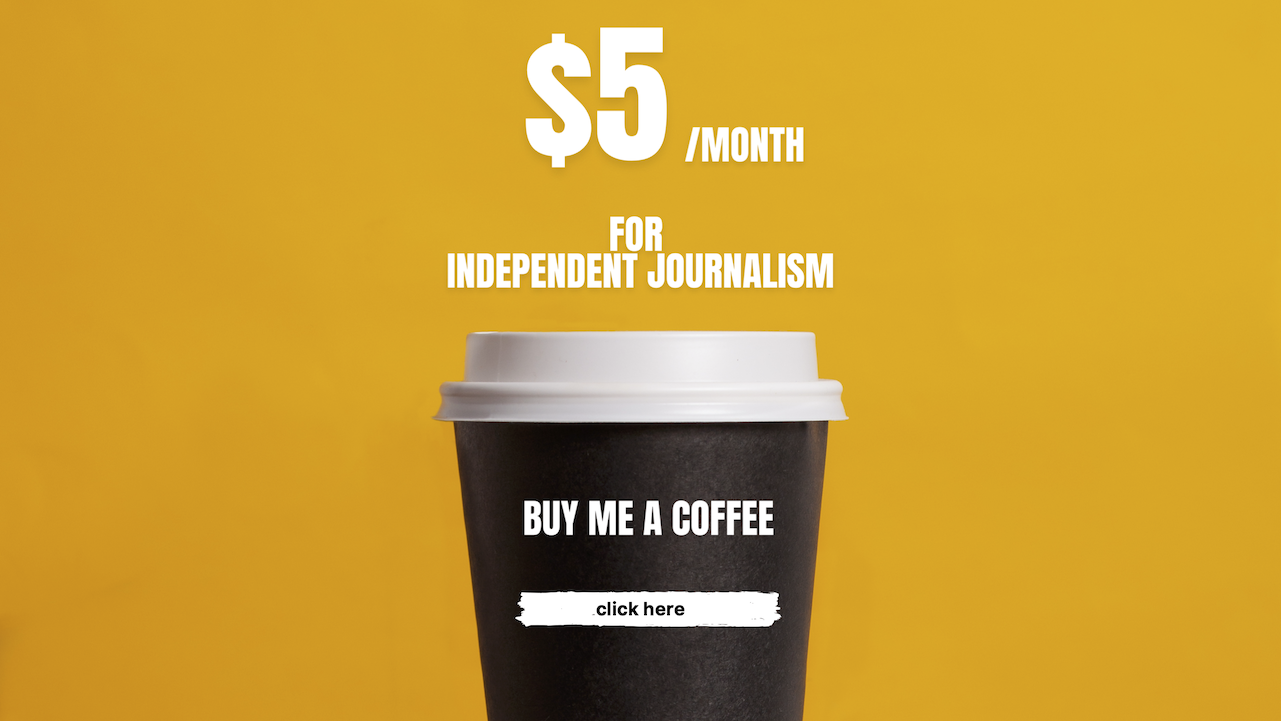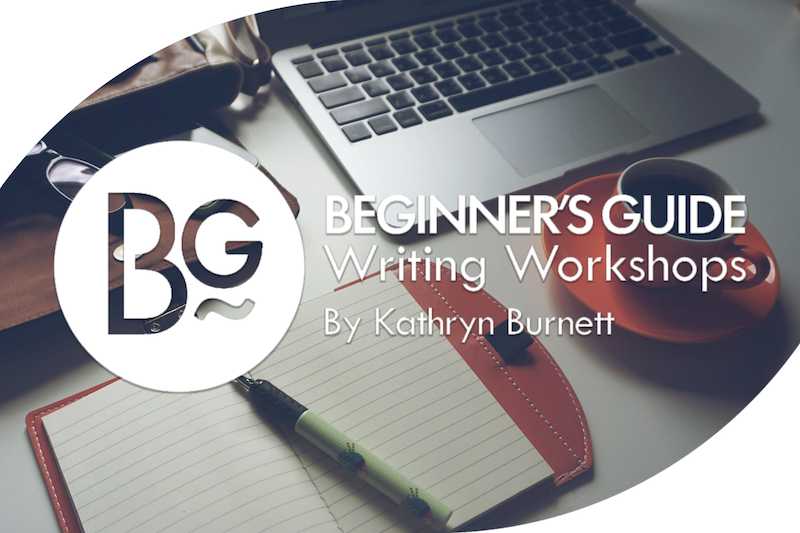Panti Bliss, the stage name of Rory O’Neill, is an Irish drag queen, LGBTQ+ activist, and performer known for advocacy in marriage equality and LGBTQ+ rights. Panti gained international recognition after the 2014 “Pantigate” controversy, where comments about homophobia in Irish media led to a national debate. A powerful speech at Dublin’s Abbey Theatre further cemented Panti’s status as a leading voice for equality. Panti has since toured globally, written a memoir, and continues to be an influential cultural figure in Ireland and beyond.
Coming to New Zealand for Pride, Rory talks to Andrew Whiteside about how Panti came to be!
Press play to watch the interview (or read an edited transcript below)
Show Details:
Panti Bliss in ‘If These Wigs Could Talk’
Dates: Wed 19 – Sun 23 February
Venue: The Wintergarden, The Civic
Tickets: $35 – $69, booking fees apply
Duration: 70 minutes, no interval
Age Recommendation: 14+
TEXT VERSION OF THE INTERVIEW:
When did Panty first appear and what was her evolution?
I first started getting into drag nonsense when I was an art student in the mid 80s. But in a sort of a stupid arts student nonsense late night way. It was also very underground at the time, at that stage, homosexuality was still a criminal offence in this country.
But when I finished our college, I ran out of Dublin because at the time it was so small minded and backwards. And I I said, ‘oh, I want to go to the biggest city in the world. And I thought, right, I’m going to Tokyo.
So off I went and I had no intentions of doing drag there or anything. I thought I was going to a very normal young person exploring the word live life.
But one of the very first people I met there was an American queen from Atlanta, Georgia, which is kind of one of the spiritual homes of drag. And we ended up doing a double act together.
I had this other idea of a kind of something I wanted to do, which is quite largely based on our glamorous American ant who would sort of come home every few Christmases, you know, in pants suits and smoking mental cigarettes and jangling with all this sort of jewellery and everything.
So how would you describe her personality?
She’s very warm. A lot of people in Ireland over the years would call her Aunty Panti.
She’s smart and but she’s very warm and all of the jokes are understood to be, you know, not mean and hearted or anything.
How much of Rory comes out in her and how much does she give you license to explore aspects that are maybe not so strong in Rory?
There’s a lot of her in me and me in her. I come from the classic gay drag tradition where the line between the performance and the performer is very blurred. And that is mostly just due to the fact that, when you’re a younger, I worked in gay nightclubs and all that kind of thing, you are interacting with the same people every week.
You’re interacting with your friends, people who go to that bar or club very regularly. You’re getting taxis running from one place to another.And when people bump into you and they say, ‘oh, hey, how are you?’ Or, ‘oh, I hear your mother wasn’t well.’
They don’t want responses from someone who’s not a real person. And so the line between Panti and Rory is almost necessarily very blurred. And, you know, most of my, certainly my queer friends called me Panti all the time.
And and that’s the funny thing about drag queens from a particular kind of drag that I come from, we have no problem with you calling us by our drag name all the time.
But if I have spent three hours getting ready creating this illusion very carefully, and then I’m walking through a night club and you go, how’re you Rory, it’s very different.
I think for the queer community, drag has become more than just entertainment. In many respects, you become icons and almost touchstones. Have you noticed that, and do people talk to you about their problems?
I mean, they absolutely do, but in some ways, I think that has changed a lot recently. I think drag queens, first of all, they’re very visible members of the queer community.
So drag queens, never had the opportunity to pass as straight, even when it was very difficult to be out in the world as an openly queer person.
So they may be understandably developed a feistiness about them and on top of that, within the community, they tend to be the ones that have for a long time that are on the stage in the back of the bar with a microphone in their hand.
And so almost by default, they became a type of spokesperson for the community, simply by dint of the practical fact that their voice was physically louder and they were more visible.
And then I think a lot of drag queens, certainly I and other ones that I know, then felt a sort of responsibility to be careful or to be particular about using that voice on behalf of the community and to and to use it actively, to think about how it was being used. And so I think that has always been there in the queer community for drag queens.
There is also this thing that people tend to be very open with drag queens. For years I used to work on the doors of nightclubs and the things that drunk people would tell me, things that they often hadn’t told anybody else ever.
Things that they felt other people would judge them for. But I will say that some of that has changed and this actually touches on what the show a lot of the show is about. It used to be, when I got into drag, every single drag queen got into it by accident because nobody imagined for a single moment that drag would pay your bills.
You got into drag then because it was stupid. It was fun. It was punk. It was two fingers to everybody. It was transgressive. It was confronting. It was outrageous fun and you might get a few quid and a few free drinks.
But then that has changed in the last 10, 15 years dramatically in ways that we could never have anticipated because of the success of things like RuPaul’s drag race and all that.
I sort of marked the beginning of this change, maybe with Priscilla where drag was sort of dragged into the mainstream.
But what it means is in the last 10 years now young queer kids they actually decide that they want to become drag queens and they want to because they see drag queens on the television being famous and making lots of money. And that is so wild, you know, to someone at my age.
It’s such a huge change. And so, I think drag has always been inherently political, whether the drag queens knew it themselves or not, it was, and now I think it’s less political because because now it has become, you know, a somewhat of a legitimate career in and of itself, completely divorced from whether the drag queen has any political, thought or ambitions about it.
So it’s a very different drag world.
And yet it is becoming politicised again, with such things as the protests at drag queen story time, and in America the issue has become a lightning rod for the machinations of politics.
At the moment, I sometimes find myself thinking that I’m glad I’m the age I am, because I think this sort of rolling back and, anti-queer stuff must have come as quite a shock to somebody who’s around 25 or 30, because we had this kind of glorious little period where it’s really felt like we were overcoming these things and we were so close to having achieved everything.
So I think for somebody around that age, it must have come as far as a shock the last, say, five, seven years where it’s suddenly at the sharp end of all this kind of far right nonsense and everything.
Whereas for me, I’ve been through all this before. I totally remember this. I’m prepared. I know how to get through this.
There’s something to be said for experience because it’s 10 years on since Pantigate, where you made this impassioned plea for marriage equality. And in Ireland, certainly in the 21st century has seen huge transformations.
It was very Roman Catholic, very buttoned down and is now world leading in a lot of this stuff.
You know, I grew up in this very grey, economically depressed, socially backward country that was trying to sort of get out under the yoke of the Catholic Church, really.When this country got its independence, it was easy for politicians at the time when the country was very poor to just cede to the Catholic Church a lot of power because they had money.
So the Catholic Church took over all schooling in this country and they still have a huge say in that. It took a ot of scandals and other things for this country to start shaking off the influence of the Catholic Church.
But when it happened, it happened incredibly quickly.
So the country that I fled after our college was grey and miserable and backwards as far as I was concerned. And I thought then that as a queer person, I would never ever be able to make, a comfortable, happy home in this country.
This country hated me at the time.
But Ireland is small, and I think that is one of its strengths. And the country that Ireland is now is absolutely unrecognisable from the wonders I left in 19900. Ireland became the first country in the world to introduce marriage equality to a popular vote.
And that was transformative for this country.I think we were like, wait, are we progressive now?
It was almost like shock to us to find out that we were one of the most progressive countries in the world, but it’s happened so fast and the population here is still incredibly young, something like 50% of the population is only the age of 25 or something. And even when the country how the country looks now is so different than, you know, 1990. And the cities look different.
We never had any immigration until the nineties, and now I live in a part of the city that only 36% in the last census ticked white and Irish, the boring boxes that I ticked.
So this country has, gone through a dramatic transformation and it is a much better country, a more exciting country, a more welcoming country, a more colourful country. It is a vastly better place than it ever was.
And you know, and I came back here in 1995, basically to visit family.
But when I came back , already I could see the changes happening in front of me and I ended up staying, and now I couldn’t imagine living there anywhere else.




